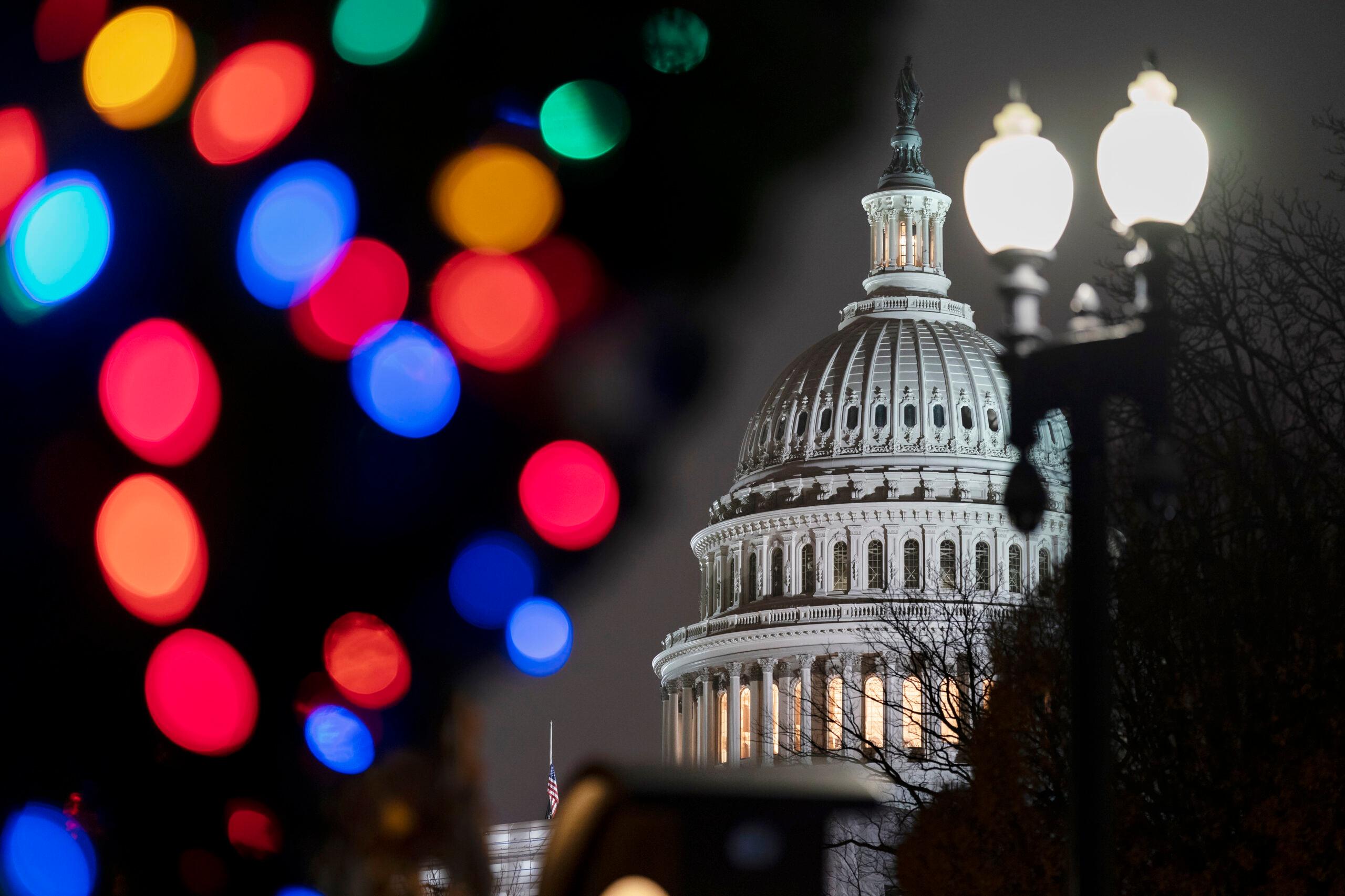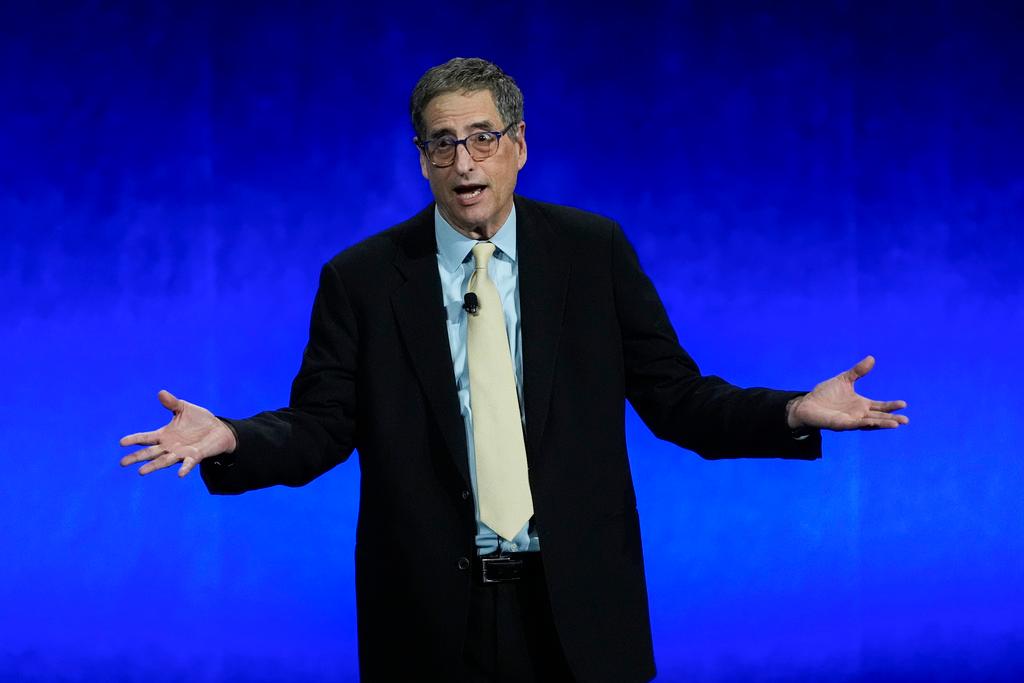
The House took the first step Thursday to passing the National Defense Authorization Act, a defense policy bill Congress has approved every year for more than 60 years. The bill passed 350-80. It now heads to the Senate.
GOP Rep. Ken Buck was the lone Colorado vote against the bill. Reps. Lauren Boebert, Jason Crow, Diana DeGette, Doug Lamborn, Joe Neguse and Ed Perlmutter all voted for it.
After the vote, Buck said he couldn’t support spending the amount of money the NDAA authorizes.
The bipartisan bill totals almost $858 billion for defense programs, which is $45 billion more than President Joe Biden sought. It includes a 4.6 percent pay raise for military personnel.
What made it in
Democratic Rep. Jason Crow, who sits on the House Armed Service Committee, said it’s, “a very strong bill … It’s going to put us in a good position to address threats in the 21st century.”
And, Crow added, many of the provisions will impact Colorado.
“We have every element of our defense ecosystem from Air Force to Army to Space Command. And the pay raise is certainly going to make a big difference for the tens of thousands of troops and their families that live in our communities,” he said.
Republican Rep. Doug Lamborn, who also sits on the committee, highlighted provisions that replenish defense stocks that have been depleted, in part due to aid to Ukraine.
“And I like the fact that we’re making progress in the areas of hypersonics, missile defense, nuclear modernization and military and intelligence space,” said Lamborn.
He, like Crow, thinks the bill will help Colorado since many of these missions take place in the state.
Pentagon's COVID vaccine mandate could be repealed
The NDAA also includes a provision long sought by conservatives. It would repeal the Pentagon’s COVID-19 vaccine mandate, but would not reinstate service members who were discharged for refusing to take the vaccine or give them back pay, which some Republicans sought.
In a statement, House GOP Leader Kevin McCarthy said, “it’s a victory for our military and for common sense.”
The White House disagreed.
“We continue to believe that repealing the vaccine mandate is a mistake,” said National Security Council Coordinator for Strategic Communications John Kirby, but he would not say if the inclusion of the language would stop Biden from signing the bill.
Crow, a former Army Ranger, also expressed disappointment.
“I don't think it's appropriate for Congress to get involved in telling the Department of Defense what vaccines our soldiers should and shouldn't be getting. It should be based on science, it should be based on the needs of the force and the health and welfare of the force, and it shouldn't be politicized by Congress,” he said, adding that the vast majority of service members got the vaccine.
Still, Crow is excited for what he was able to include in the bill, including better oversight of U.S. assistance for Ukraine “to make sure that we’re being good stewards of the taxpayer dollar,” and provisions to improve the way the U.S. military assesses its partners’ and allies’ ability and willingness to fight.
What didn’t make it
But Colorado lawmakers didn’t get all they wanted in the must-pass NDAA.
An amendment to establish a Space National Guard introduced by Crow and Lamborn did not make it across the NDAA finish line. “But we made a lot of really good progress, so I think we teed it up” for next year, said Crow.
Democratic Rep. Ed Perlmutter saw one of his priorities taken out of the NDAA: his SAFE Banking bill. At a Rules Committee hearing on Thursday, Perlmutter seemed resigned, thanking the Armed Services chair and ranking member for trying to keep it in. He vowed to keep fighting for his bill to give legal cannabis businesses access to financial services, focusing now on another must pass bill: the omnibus budget bill.
While the NDAA outlines the country’s military policies, it’s the omnibus government funding bill that has to pass to actually fund them.









